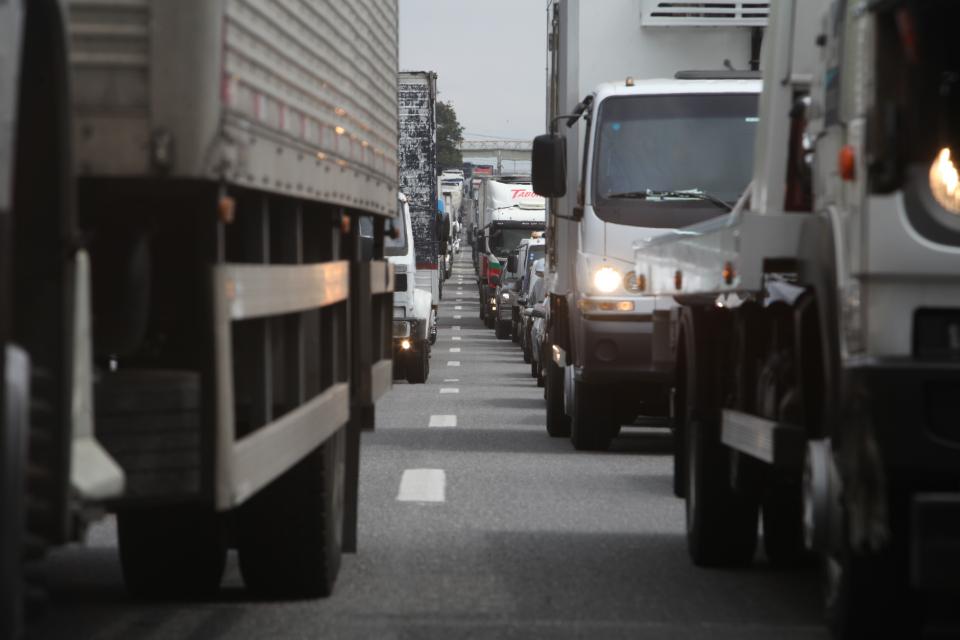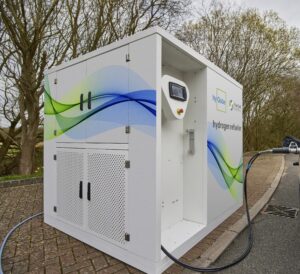Nearly a third of trucks in Spain exceed the EU’s legal emission limits, testing in Barcelona and Madrid indicates.
High nitrogen dioxide emissions (NO2) from road transport poses a severe public health concern, causing the premature deaths of 50,000 Europeans every year.
The latest EU air pollution standards – over the course of three years (2017-2019) shows that 29% of the 587 light and heavy trucks measured are high nitrogen oxide (NOx) emitters[1].
Anna Krajinska, Emissions engineer at T&E, said: ‘New trucks driving in and around Europe’s cities still produce deadly levels of air pollution. The EU’s trucking standards are not doing enough to safeguard the air we breathe, putting the health of Europe’s citizens at risk.’
Official tests are inadequate as they are just two and a half hours long and often do not account for emissions produced under everyday driving conditions, such as low-speed driving and cold-starts (emissions from when the engine is first turned on). Euro VI testing also fails to ensure emissions durability, causing some models to emit more over time. The test also fails to prevent tampering where emissions reduction systems are switched off by what is known as defeat devices.
Zero emissions HGVs
Anna concluded: ‘The European Commission must improve truck testing to cover all on-road driving conditions and introduce robust anti-tampering measures. But, in the end, what we really need is a shift away from polluting combustion engines towards truly clean, zero-emission trucks. The EU should therefore mandate that at least half of truck sales are zero emission by 2030.’
Zero-emission CO2 standards will be reviewed in 2022, allowing the European Commission to set more ambitious targets and end the sale of most internal combustion trucks by 2035.
[1] NOx emissions from the tailpipe are composed of both NO and NO2. NO2 is the toxic fraction of NOx, but NO is also regulated as it is converted to NO2 in the air.




